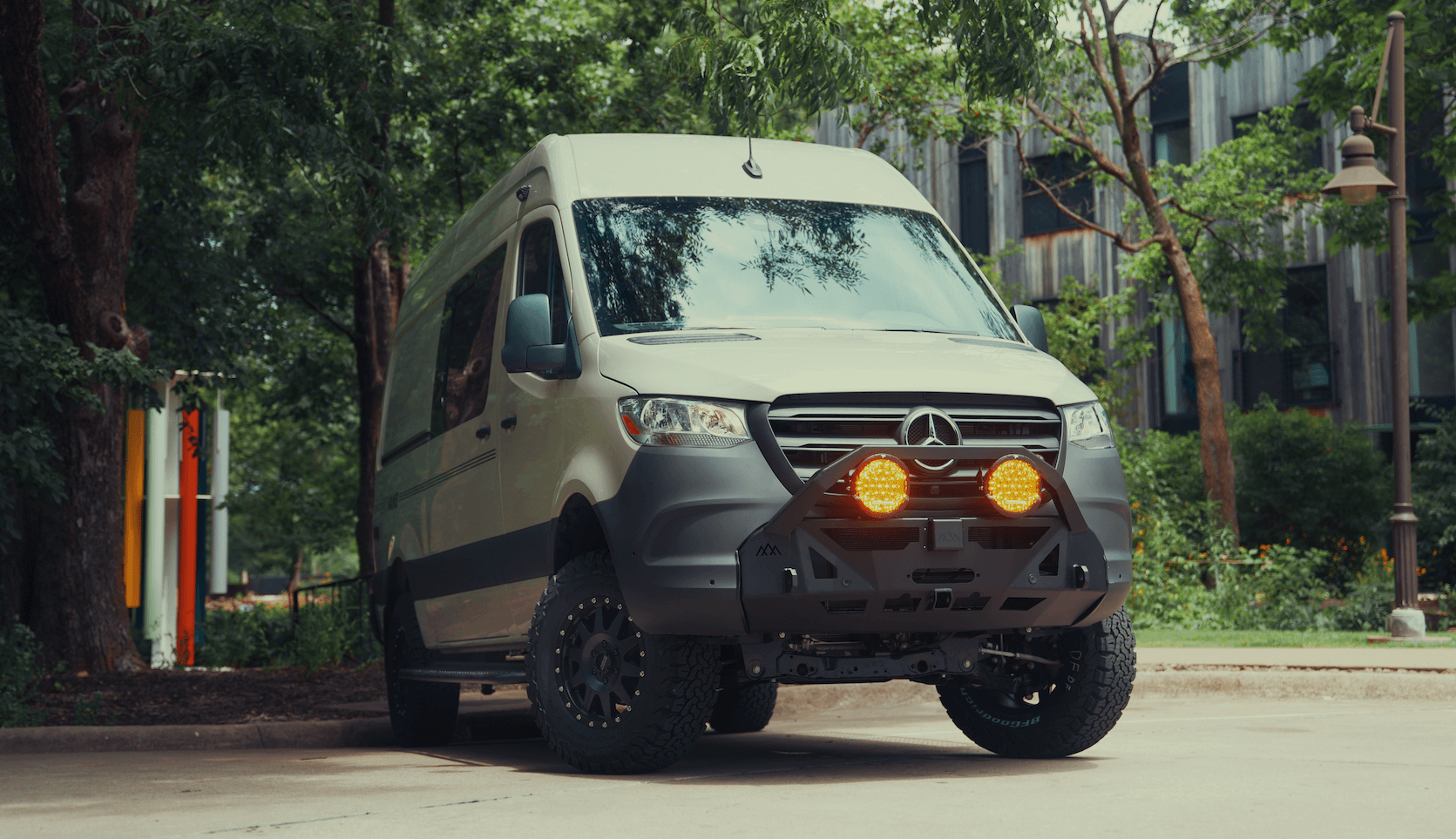Recreational Vans

A Jackery battery is a compact power station that pairs lithium cells with a pure sine wave inverter, a charge controller, and multiple output ports. Think of it as a quiet generator in a box that stores energy and delivers it as needed. Capacity is measured in watt hours, which describes how much energy you can use before recharging. Inverter rating is measured in watts and controls how much continuous AC power you can draw at once. Most models provide AC outlets, USB power delivery, and regulated 12 volt outputs for fridges, lights, and communications gear.
Right sizing begins with the energy budget. Estimate daily watt hour use by multiplying device watts by hours of use and summing the total. Add a cushion for inverter losses and weather. For example, a 60 watt fridge running half the day consumes about 720 watt hours, while a laptop at 60 watts for three hours adds 180 watt hours. Next, consider peak loads. If you plan to run an induction cooktop at 1400 watts, you need an inverter that can sustain that wattage with adequate surge handling for start up spikes.
Depth of discharge and charge cycles are tied to chemistry. Many portable stations now use lithium iron phosphate for longer cycle life and stable thermal behavior. Others use high energy density lithium nickel manganese cobalt, which can be lighter at the same capacity. Either way, observe recommended operating temperatures and never block ventilation. If you camp in cold conditions, keep the unit inside the living space to maintain better performance.
Portable stations accept AC wall charging, vehicle charging from a 12 volt port, and solar through MC4 style inputs or proprietary adapters. Solar is the most important source for multi day trips. Look for an onboard MPPT controller to maximize harvest during partial shade and morning or evening light. For panel sizing, match the array so that a typical good sun day can replace your daily usage with some margin. If you consume 800 watt hours per day, a solar array that can realistically deliver 400 to 600 watt hours in mixed conditions will come up short. Aim higher for four season travel.
Vehicle charging is convenient while driving but is usually limited by the alternator safe output and cable runs, which can be modest in practice. AC charging is fastest at a campground or at home. If your model supports pass through, you can charge while powering loads, though total efficiency is lower. Use correct cable gauges, keep connections clean, and avoid placing the unit in sealed compartments. Heat is the enemy of battery longevity and low quality cabling can become a failure point.
For weekend trips, a Jackery style battery simplifies setup. No fuel, no fumes, near silent operation. It pairs well with a compact fridge, lights, cameras, and a laptop. For extended travel, add solar sized to your energy budget and balance AC cooking with propane or diesel appliances to reduce peak draw. If you plan to winter camp, keep the power station inside the insulated cabin and consider a chemistry with strong cycle life for frequent charge and discharge.
When you want a clean install that integrates solar, mounting points, wiring protection, and safe charging from the alternator, professional planning helps. A tidy system is not only about comfort. It is about reliability in remote places.
To translate this know how into a rig that fits how you travel, our team builds and upfits adventure vans with integrated power systems, solar arrays, and purpose built layouts. Explore our van options at recreational vans, learn how a tailored interior comes together on the custom build van page, or see finance friendly platforms at mainstream vans.
Strong power starts with smart design. Tell us what you run, where you camp, and how long you stay off grid. We will plan the right capacity, charging mix, and installation approach so the lights stay on and the road stays open.
Bring your trip plan and device list. We will turn it into a quiet, dependable energy system inside a van built for real travel. Start with our recreational vans page, then share your goals so we can spec capacity, solar, and wiring that match your route.
Ready for quiet, reliable off grid power in a purpose built rig. Tell us how you travel and we will design the right energy system for your van with clean routing, safe wiring, and solar that actually keeps up. Start your build plan today.
ADDRESS:
6159 E Huntsville Rd, Fayetteville, AR 72701
PHONE:
(479) 326-9200
EMAIL:
info@ozkvans.com